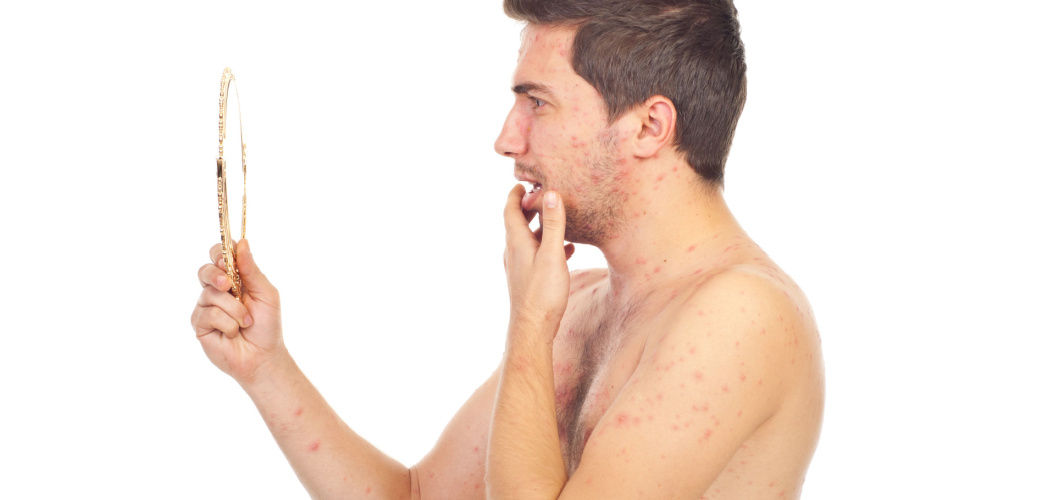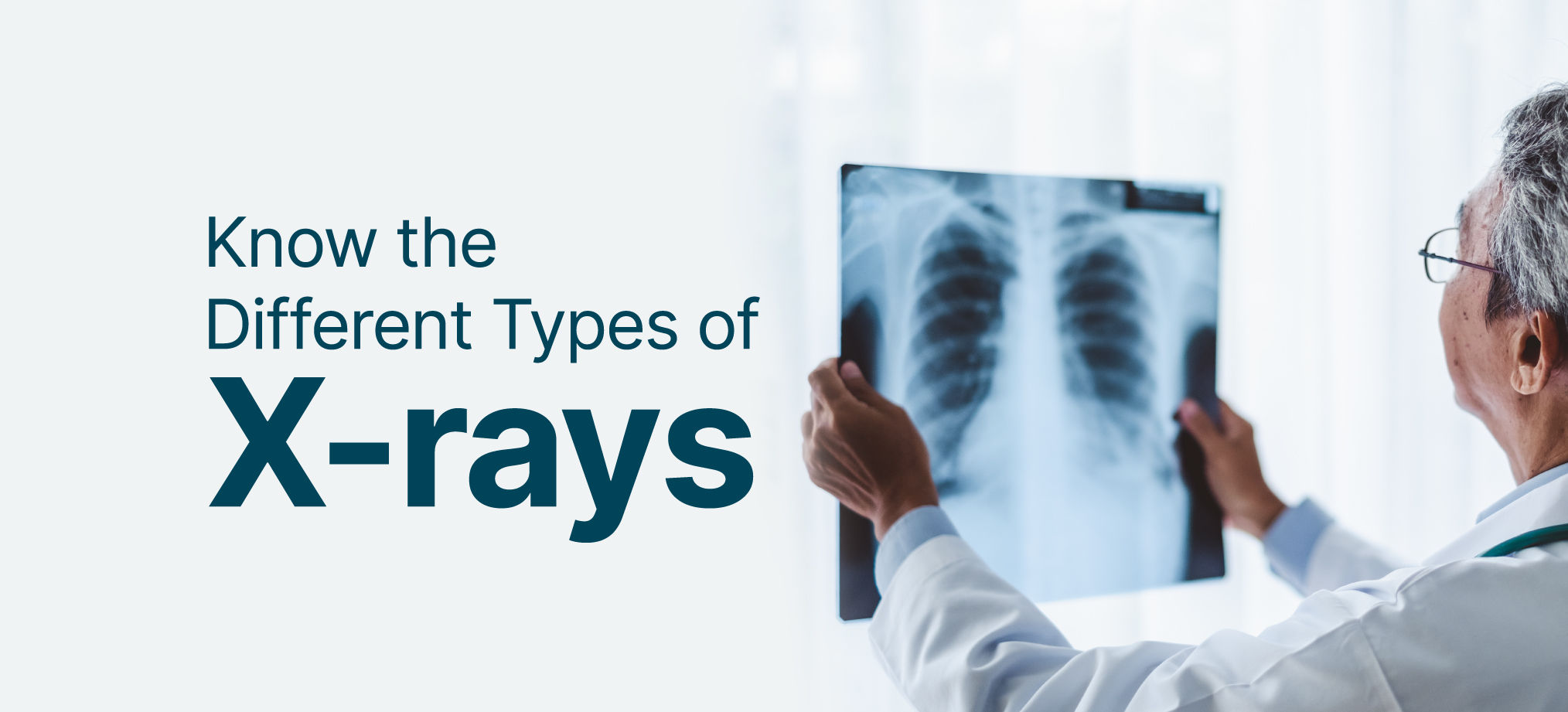General Health
Chickenpox In Adults: Symptoms, Treatment, Vaccination
6 min read
By Apollo 24|7, Published on - 31 August 2023, Updated on - 01 September 2023
Share this article
0
0 like

Chickenpox, also known as varicella, is a viral infection that is commonly seen in children. However, contrary to popular belief, adults can also develop this highly contagious disease. Hence, understanding chickenpox in adults is crucial for early detection and appropriate management. By knowing the symptoms, risk factors, treatment options, and the importance of vaccination, individuals can take necessary precautions to protect themselves and others from this contagious infection.
Symptoms of Chickenpox in Adults
The common symptoms of chickenpox include:
1. Fever and body aches
Early symptoms of chickenpox in adults may include fever and body aches, similar to those experienced with the flu.
2. Fatigue and weakness
Some people may experience fatigue and weakness, often followed by skin-related symptoms.
3. Rash development and progression
The rash typically starts as red spots that quickly evolve into fluid-filled blisters. Over time, these blisters burst and form crusts before eventually healing. The rash usually starts on the face and chest before spreading to other body parts.
4. Itching and discomfort
The rash can be incredibly itchy and uncomfortable, causing significant distress. Scratching the affected areas can lead to skin infections and scarring. It is important to avoid scratching and to practice proper hygiene to prevent secondary infections.
Potential Complications of Chickenpox in Adults
While chickenpox is generally a self-limiting disease, it can sometimes lead to complications, particularly in adults. Some of these complications include:
- Pneumonia: Pneumonia, an infection of the lungs, is one potential complication that may arise. It can result in excessive cough, fever, and difficulty in breathing.
- Encephalitis: Encephalitis causes inflammation of the brain, which if not treated can be fatal.
Risk Factors for Chickenpox in Adults
Here are some important risk factors for chickenpox in adults:
- Lack of immunity from prior infection or vaccination: If you have never had chickenpox before or have not been vaccinated, you are at a higher risk of contracting the infection.
- Exposure to infected individuals: Being in close contact with someone who has chickenpox increases your chances of getting infected.
- Weakened immune system: Certain medical conditions like HIV/AIDS or receiving immunosuppressive medications can weaken your immune system, making you more susceptible to infections such as chickenpox.
Diagnosis of Chickenpox in Adults
A clinical examination and review of medical history are usually sufficient to diagnose chickenpox in adults. The characteristic rash and symptoms provide strong evidence for the diagnosis. In some cases, laboratory tests may be performed to confirm the diagnosis and rule out other conditions.
These tests include:
- Viral culture: A sample of fluid from the blisters is collected and tested for the presence of the varicella-zoster virus.
- Polymerase chain reaction (PCR): This test detects the genetic material of the virus in a sample.
Treatment of Chickenpox in Adults
If you suspect you have chickenpox, it is important to seek medical attention for accurate diagnosis and appropriate treatment. While there is no cure for chickenpox, treatment options available to manage symptoms and reduce complications include:
1. Medications
Medications commonly prescribed for chickenpox include:
- Over-the-counter pain relievers and antipyretics (fever reducers) can help alleviate discomfort and lower the body temperature.
- In severe cases or high-risk individuals, antiviral medication may be prescribed to shorten the duration of the illness and reduce the risk of complications.
2. Soothing Measures
Soothing measures for skin rash and itching include:
- Taking cool baths with added baking soda or oatmeal
- Applying calamine lotion or creams containing antihistamines to relieve itching
- Wearing loose-fitting clothing to avoid friction
Vaccination for Chickenpox in Adults
Prevention is always better than cure. Hence, adults who have not experienced chickenpox in childhood should get vaccinated against the condition.
The chickenpox vaccine contains a live but weakened form of varicella-zoster virus (the virus that causes chickenpox). after administering the vaccine, the immune system of the person starts producing antibodies against the chickenpox virus, thus developing cell-mediated immunity.
Benefits of Getting Vaccinated Against Chickenpox
- Reduced risk of severe complications: While chickenpox is usually mild in children, it can be more severe in adults. Complications such as pneumonia, encephalitis, and bacterial infections can occur, especially in individuals with weakened immune systems or underlying health conditions.
- Protection for vulnerable populations: By getting vaccinated, adults can protect vulnerable individuals who are unable to receive the vaccine due to age or medical conditions. This includes newborn babies, pregnant women, and individuals with compromised immune systems.
Vaccine Schedule for Chickenpox
- The chickenpox vaccine is recommended for all adults who have not had chickenpox or been previously vaccinated.
- The vaccine is given in two doses, typically four to eight weeks apart.
- Individuals who have received only one dose of the vaccine should receive a second dose to ensure full protection.
- If you are unsure about your vaccination status or need a booster dose, consult your doctor.
Safety and Efficacy of the Chickenpox Vaccine
- The chickenpox vaccine is safe and well-tolerated by most adults.
- Common side effects include soreness at the injection site, mild fever, and a rash. These side effects usually resolve on their own within a few days.
- The vaccine has been shown to be highly effective in preventing chickenpox in adults.
- In rare cases, breakthrough infections may occur in vaccinated individuals; however, these infections are usually milder and have fewer complications compared to unvaccinated individuals.
Prevention Strategies For Chickenpox in Adults
Apart from vaccination, other preventive strategies for chickenpox include:
- Avoid close contact with individuals who have active chickenpox or shingles.
- If you are exposed to someone with chickenpox, consult your healthcare provider about post-exposure prophylaxis.
- Wash your hands frequently with soap and water, especially after coming into contact with someone who has chickenpox.
- Cover your mouth and nose with a tissue or your elbow when coughing or sneezing, and dispose of used tissues properly.
- Avoid sharing personal items such as towels, clothing, or utensils.
Chickenpox in Pregnancy and Immunocompromised People
1. Risks and considerations for pregnant women
Pregnant women are at an increased risk of complications from chickenpox. If a pregnant woman contracts chickenpox, it can lead to birth defects or other complications for the baby. Therefore, vaccination before pregnancy is strongly recommended.
2. Chickenpox in immunocompromised individuals
Immunocompromised individuals, such as those with HIV/AIDS or undergoing chemotherapy, are also at a higher risk of severe complications from chickenpox. It is crucial for these individuals to avoid exposure to the virus and consult their healthcare provider about vaccination options.
Takeaway
It's important to recognize that chickenpox can affect adults and may lead to more serious complications. Vaccination is key in preventing the spread of chickenpox, reducing illness severity, and protecting against shingles. If you have never had chickenpox or are unsure of your vaccination status, consult with your healthcare provider to discuss the appropriate vaccination options.
If you wish to get vaccinated against chickenpox,
FAQs
Q. What are the risk factors for chickenpox in adults?
Adults who have not had chickenpox before or have not been vaccinated are at risk of contracting the infection.
Q. How is chickenpox in adults treated?
Treatment for chickenpox in adults focuses on relieving symptoms and preventing complications and mainly includes antiviral medications, pain relievers, and anti-itch creams.
Q. Is there a vaccine for chickenpox in adults?
Yes, there is a vaccine available for chickenpox. The varicella vaccine is recommended for all individuals who have not had chickenpox before or have not been vaccinated. It is safe and effective in preventing chickenpox and its complications.
Q. Can you get chickenpox more than once?
It is rare but possible to get chickenpox more than once.
Q. Can the chickenpox vaccine prevent shingles?
The chickenpox vaccine reduces the risk of developing shingles later in life.
General Health
Leave Comment
Recommended for you

General Health
Thyroid Treatment: Can Thyroid Disorders Be Cured Completely?
Thyroid disorders, including hyperthyroidism and hypothyroidism, can be treated and improved with the help of a proper treatment plan. Find out more about how these disorders are treated and what you can do to keep them under control.

General Health
6 Important Types Of X-rays Everyone Must Know
X-rays, also known as radiographs, are non-invasive imaging tools that offer insights into bones and tissues, aiding in diagnosis and treatment plans. X-rays employ safe radiation levels to create images, revealing hidden issues within the body. Depending on the part of your body being examined, there are different types of X-rays you should know about.

General Health
When Should You See a Sports Medicine Doctor About Your Pain?
Learn about the signs to look out for and when to seek a sports medicine doctor’s consultation
Subscribe
Sign up for our free Health Library Daily Newsletter
Get doctor-approved health tips, news, and more.
Visual Stories

Science-backed Home Remedies for Burns and Blisters
Tap to continue exploring
Recommended for you

General Health
Thyroid Treatment: Can Thyroid Disorders Be Cured Completely?
Thyroid disorders, including hyperthyroidism and hypothyroidism, can be treated and improved with the help of a proper treatment plan. Find out more about how these disorders are treated and what you can do to keep them under control.

General Health
6 Important Types Of X-rays Everyone Must Know
X-rays, also known as radiographs, are non-invasive imaging tools that offer insights into bones and tissues, aiding in diagnosis and treatment plans. X-rays employ safe radiation levels to create images, revealing hidden issues within the body. Depending on the part of your body being examined, there are different types of X-rays you should know about.

General Health
When Should You See a Sports Medicine Doctor About Your Pain?
Learn about the signs to look out for and when to seek a sports medicine doctor’s consultation